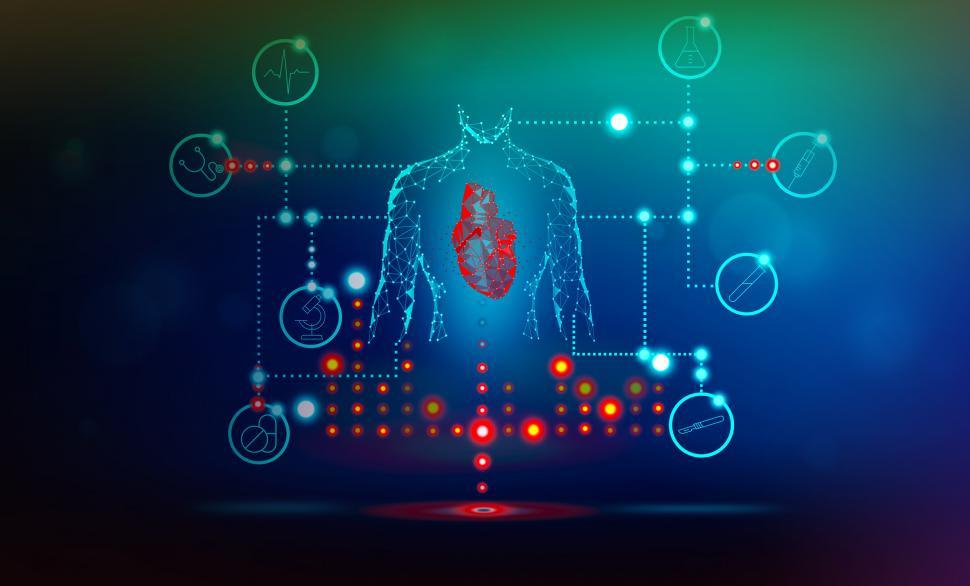
When it comes to health, we all want the best care possible. It’s not just about finding a provider who is knowledgeable and skilled, but someone who truly cares about our wellbeing. In today’s fast-paced world, we also want a healthcare professional who also has the latest technology so our healthcare experience is as seamless and efficient as possible.
Being able to book appointments online without fuss, receive reminders for upcoming appointments, communicate with your provider without having to wait on hold for hours and check up on your blood results anytime are helpful to everyone. These conveniences can make life easier when it comes to managing our health from home.
Telehealth/telemedicine in particular is revolutionizing the way we receive care. Now we don’t have to travel long distances or take time off work to see our provider but can connect from the comfort of our own homes. This is especially important if you are too ill to travel, or have work and family commitments or are afraid of outside COVID-19 exposure.
Yet, amidst all the excitement about technology, we should not forget the importance of human connection. Although technology can enhance patient experience, it cannot replace the compassion and care that a dedicated healthcare provider can provide. We need clinicians who will to listen to concerns, who will explain the best treatment options in a way that’s easy to comprehend, and who will be there for us every step of the way.
Finding the right healthcare provider can sometimes be daunting task, but definitely worth it. We owe it to ourselves to find providers who not only offer the latest technology, but who will also treat us with empathy and respect. So, it is good to read reviews, and schedule consultations to find the provider is the right fit – for both our physical and mental health.
What are some modern advances in healthcare technology?
The healthcare technology sphere is evolving at an unprecedented pace, evoking a sense of amazement and enthusiasm about the vast potential it holds. New strides in healthcare technology have brought about a paradigm shift in how medicine is being approached, with a great future ahead.
Wearable devices represent one of the great examples of cutting-edge, portable healthcare technology. Wearables can track patients’ health and fitness data, such as heart rate, blood sugar levels, sleep quality, and exercise. This data can help patients and healthcare providers monitor health trends and make informed decisions about lifestyle changes and treatment plans. This innovation is very promising for patients with chronic conditions who can leverage the device to keep track of their health and notify healthcare providers of any concerning variations.
Artificial intelligence (AI) has emerged as another revolutionary development in healthcare technology for disease diagnosis and treatment. A more recent example is an AI system that can accurately diagnose congenital cataracts, which can result in blindness if not treated early in infants and children. With the help of AI, healthcare providers can diagnose the condition quickly and more accurately for better outcomes and potentially saving lives.
Personalized medicine is also becoming more popular. It tailors medical treatment to an individual’s genetic makeup, lifestyle, and environment. With the help of genomics, big data analytics, and AI, personalized medicine can identify the most effective treatment options for patients based on their unique characteristics. It can lead to better health outcomes and reduce healthcare costs by avoiding unnecessary treatments.
Telemedicine is another breakthrough that has become far more common, especially after the coronavirus pandemic. It has been shown to decrease readmissions to hospital and provide better outcomes for patients with COPD (chronic obstructive pulmonary disease). Besides convenience for both the patient and clinician, healthcare providers noted that it has helped them to identify and address potential issues before they became severe. It can also help healthcare providers reach patients in remote or underserved areas.
Blockchain technology has become more prevalent in the past several years. It is a decentralized, secure, and transparent system that can store and share healthcare data securely. Blockchain can improve the privacy and security of patient data while allowing patients and healthcare providers to share data more easily. It can also streamline clinical trials and improve the supply chain for medical products.
3D printing technology has the potential to revolutionize the medical industry by creating customized medical devices and prosthetics. It can also create realistic models of human organs for surgical planning and medical education. The ability to print medical devices and implants on demand can reduce costs and improve patient outcomes.
Although implementing these new technologies can be challenging, the possibilities are quite amazing. With each milestone, healthcare will hopefully become more accessible, effective, and affordable for all. With so many advances, the future will bring many new ways to improve our current healthcare system.
For some of the most recent updates on healthcare and medical advances/research work, see more here.




Recent Comments